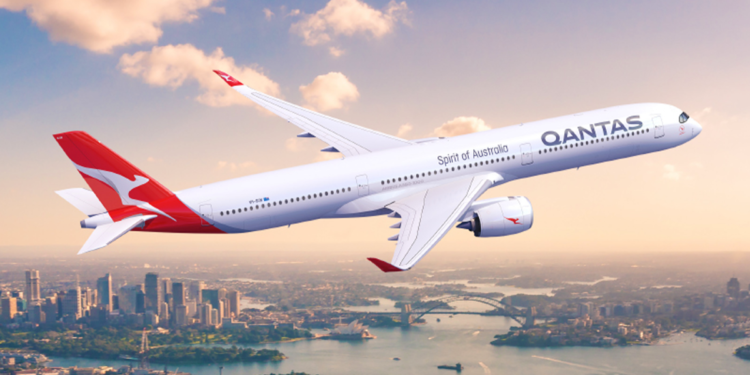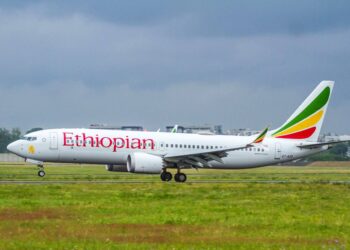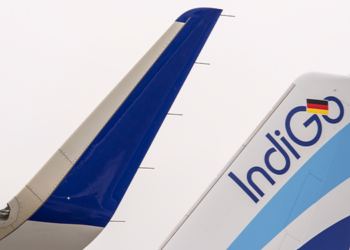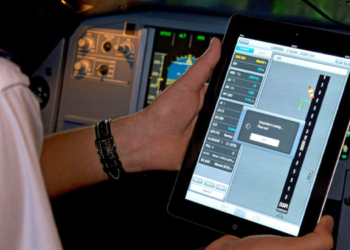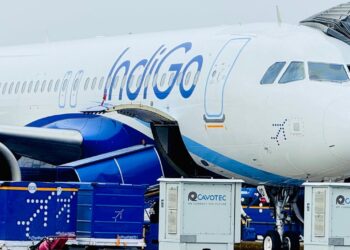Highlights:
- Firm order for 12 Airbus A350 and 12 Boeing 787 aircraft.
- Additional purchase right options for renewal and growth.
- Provides replacement for current A330 and A380 fleets over 10-plus years.
- The deal includes access to up to 500 million liters of sustainable aviation fuel; enhancing the pathway to reach the Group’s 2030 emissions targets.
The Qantas Group has today announced the final piece of its jet fleet renewal program with a firm order for 24 aircraft to progressively replace its existing A330s.
The multi-billion dollar order is split between 12 Airbus A350s and 12 Boeing 787s arriving from FY27 into the next decade. The Group has also negotiated additional purchase right options, split evenly between both manufacturers, to give flexibility for future growth and ultimately replace its 10 A380s with A350s from around FY32 onwards.
Qantas’ A330 aircraft mostly operate on international flights to Asia and the United States as well as some domestic flights. The longer range delivered by the 787 and A350 aircraft on order means they will be able to operate all the routes on the airline’s current international network, as well as open up new ones.
The average age of Qantas’ A330 fleet will be 21 years at the time the replacement program starts in FY27, which is in line with the Group’s typical replacement profile. Aircraft scheduled to leave the Qantas fleet towards the end of the replacement program will undergo a cabin refurbishment from FY25, including next-generation seats in the Economy cabin.
Qantas has named its international fleet renewal ‘Project Fysh’ in honour of Sir Hudson Fysh who co-founded the airline and was Managing Director when it commenced international flying in 1935.
SUSTAINABLE AVIATION FUEL AGREEMENT
As part of the deal with both Airbus and Boeing, Qantas will secure access to up to 500 million litres of Sustainable Aviation Fuel (SAF) per annum that would start to flow from 2028.
This has the potential to meet up to 90 per cent of the Group’s interim SAF target for 2030.
As a direct alternative to traditional jet kerosene, SAF reduces lifecycle carbon emissions by up to 80 per cent and is a key part of Qantas’ emissions reduction plan.
Access to these supplies will be enabled by partnering with Boeing and Airbus on SAF projects, including in the United States. Qantas expects to purchase the SAF at favourable prices due to supportive government policies in the US.
While these agreements support the Group’s interim targets, access to an Australian SAF industry is critical to reaching the industry’s broader commitment to reach net zero by 2050.
Qantas has previously announced a $400 million climate fund aimed at investing in similar projects locally to help kickstart a domestic SAF industry in Australia.


